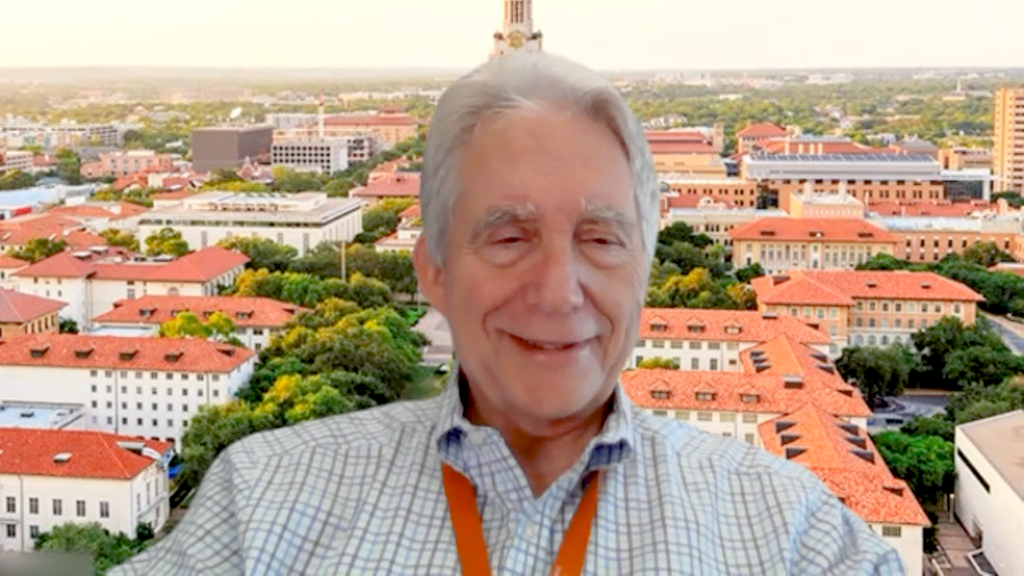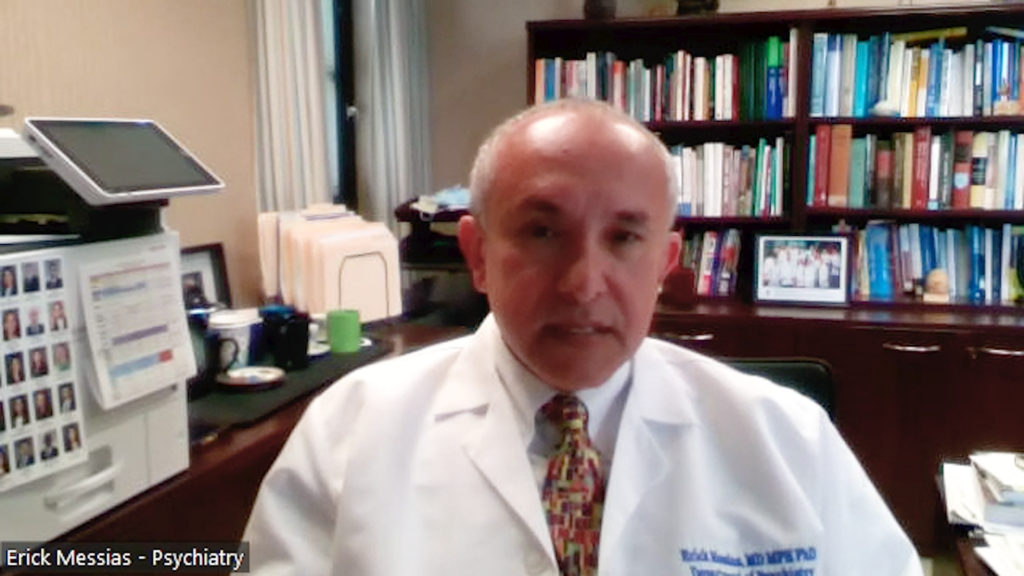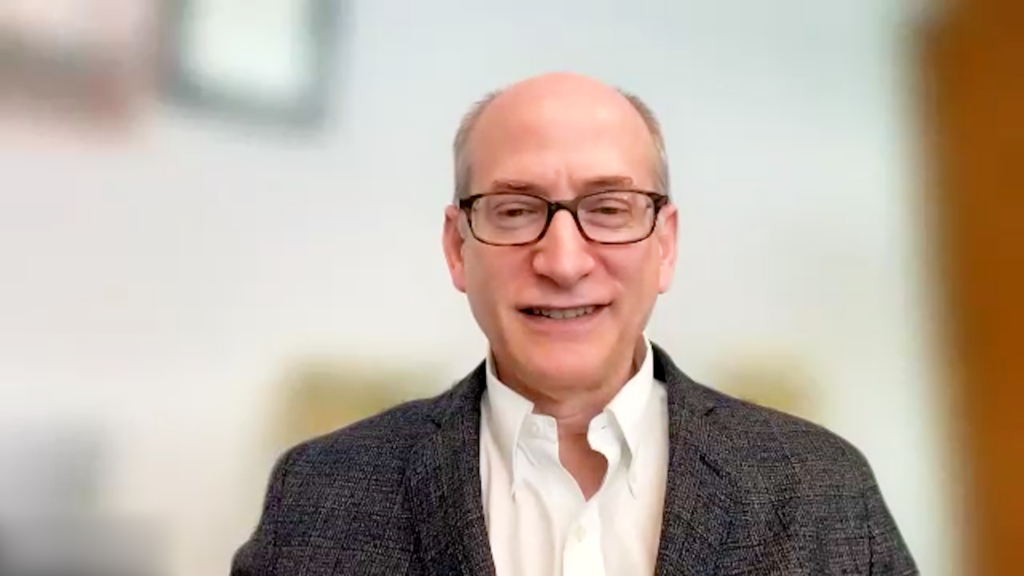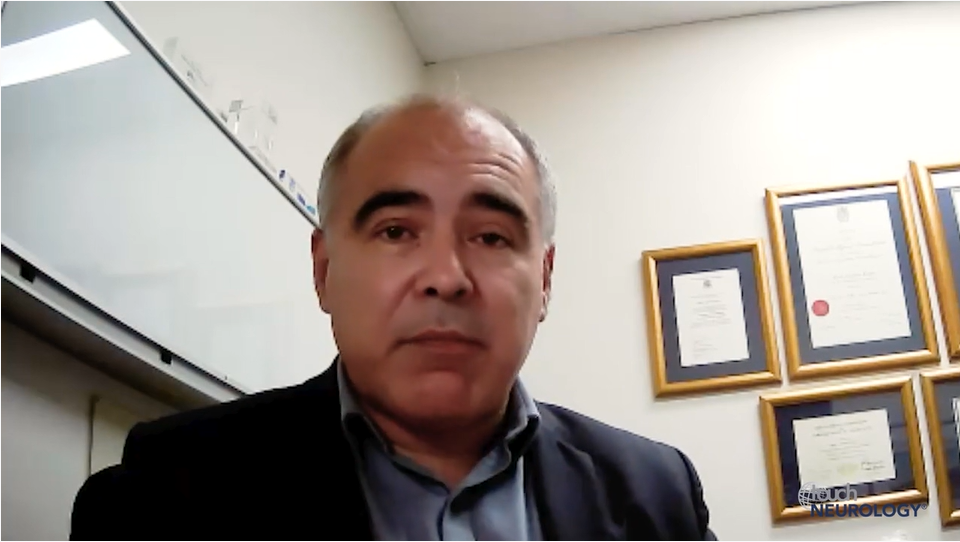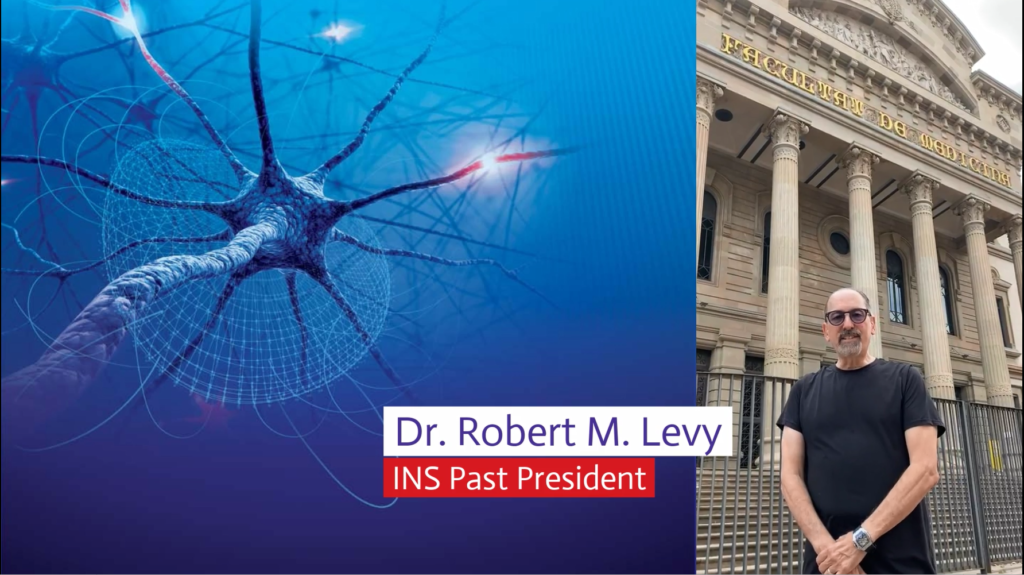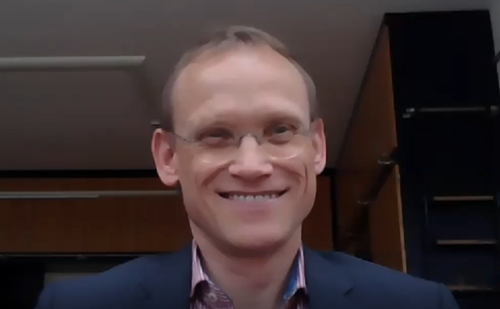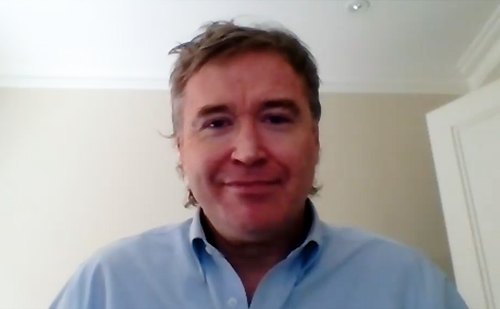 From 4–6 June 2025, the 20th International Forum on Mood and Anxiety Disorders (IFMAD) will take place in Budapest, Hungary, marking a significant milestone for this long-standing event in psychiatric research and practice. Since its inception in 1999, IFMAD has brought together global experts to explore the latest advances in the understanding and treatment of mood and anxiety disorders.
From 4–6 June 2025, the 20th International Forum on Mood and Anxiety Disorders (IFMAD) will take place in Budapest, Hungary, marking a significant milestone for this long-standing event in psychiatric research and practice. Since its inception in 1999, IFMAD has brought together global experts to explore the latest advances in the understanding and treatment of mood and anxiety disorders.
The 2025 programme features a robust scientific agenda curated by internationally renowned experts including Professors Katharina Domschke (Germany), Eduard Vieta (Spain), Allan Young (UK) and Stuart Montgomery. “We put together, from my point of view, a very good program,” Professor Siegfried Kasper, Chairperson of the meeting and Professor Emeritus of Psychiatry at the Medical University of Vienna noted.
This year’s sessions will tackle critical topics such as new avenues in the treatment of depression and anxiety, biomarkers of anxiety and mood disorders, and the current statue of treatment-resistant depression. Additional highlights include exploring whether serotonin is still relevant in the context of depression, advancing our understanding of neuroplasticity and examining virtual reality and digital interventions as emerging tools in mental healthcare.
Attendees will also gain insight into aspects of depression treatment that shouldn’t be forgotten, along with the state of the art in treating anxiety, stress-related, and obsessive-compulsive disorders, including strategies for treatment resistance.
“The majority are psychiatrists, but we also see psychologists, psychotherapists, and participation from the pharmaceutical industry, whose treatments we will also discuss,” Prof. Kasper added. With attendees from Europe, Asia, the Middle East, and the Americas, IFMAD continues to thrive as a global hub for psychiatric dialogue.
“There’s a lot of discussion during and after the sessions,” Prof. Kasper concluded, “and colleagues are always willing to continue the conversation.”
To explore the full programme, visit www.ifmad.org/2025.
Disclosures: This article was created by the touchNEUROLOGY team with no associated fees or funding.
Register now to receive the touchNEUROLOGY newsletter!
Don’t miss out on hearing about our latest peer reviewed articles, expert opinions, conference news, podcasts and more.



